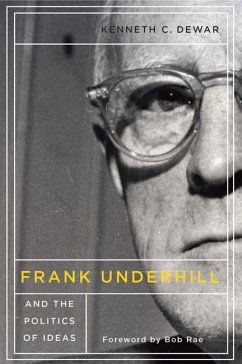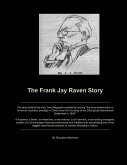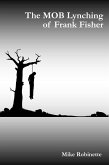Frank Underhill (1889-1971) practically invented the role of public intellectual in English Canada through his journalism, essays, teaching, and political activity. He became one of the country's most controversial figures in the middle of the twentieth century by confronting the central political issues of his time and by actively working to reform the Canadian political landscape. His propagation of socialist ideas during the Great Depression and his criticism of the British Empire and British foreign policy almost cost him his job at the University of Toronto. In Frank Underhill and the Politics of Ideas, Kenneth Dewar demonstrates how Underhill's thought evolved from his days as a student at Toronto and Oxford, to his drafting of the Regina Manifesto - the founding platform of the leftist Co-operative Commonwealth Federation - to his support of his long-time friend Lester Pearson's Liberals in the 1960s. Not willing to be bound by partisan loyalties, his later shift toward the political centre dismayed many of his former allies. The various issues Underhill confronted, Dewar argues, were connected by the pioneering role he played as an intellectual and by his social democratic vision of politics. Dewar also reassesses Underhill's historical work, focusing on how it differed from the new professional history practised his younger colleagues. Intelligently written and thoroughly researched, Frank Underhill and the Politics of Ideas delivers important insights into twentieth-century political life and innumerable lessons for twenty-first century Canada.
Dieser Download kann aus rechtlichen Gründen nur mit Rechnungsadresse in A, B, BG, CY, CZ, D, DK, EW, E, FIN, F, GR, HR, H, IRL, I, LT, L, LR, M, NL, PL, P, R, S, SLO, SK ausgeliefert werden.









